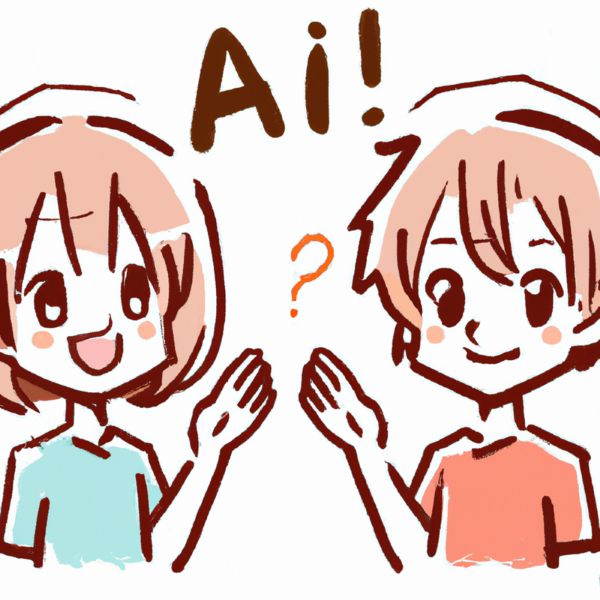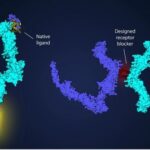I often write about email blasts I receive from Peter Diamandis, from the XPrize and its Moonshot mindsets to Singularity University where the present meets the future.
Peter is indeed a futurist with views of how technology is rapidly changing our future, extending human lifespan, and creating a world of abundance. Peter decries those who talk about the finite limits of Earth and humanity.
Whether you agree with him or not, his views make for a compelling read. This one talks about artificial intelligence (AI), our children’s education, human longevity and more. I have edited the content to fit the blog and welcome your comments.
What happens when AI & robots take over today’s jobs?
For all of human history, technology has always created more jobs than destroyed. The question is, will it be different this time? We will find out soon enough. The World Economic Forum projects that by 2030, 170 million new jobs will have been created, offset by 92 million job losses, a net gain of 78 million. Maybe. But statistics rarely tell the whole story.
Jobs serve two masters. First, jobs provide income to survive, enabling us to pay for food, shelter, education, health, and entertainment. Second, and perhaps more importantly, jobs give us identity and purpose. So, what’s the impact of AI on jobs?
- AI will take away the need for us to work for goods and services. We are heading towards a world of abundance, where we can have whatever we want. Food, shelter, education, health, and entertainment will be available either for free, or be massively demonetized. As the spiritual leader Sadhguru once told me: “Technology is the means by which humanity takes a vacation from survival.”
- My biggest concern is how AI will impact our sense of purpose. AI will force us to uplevel our ambitions. What we do today will be easy and quaint. So we must grasp higher. Rather than being a shackle, AI can become a jetpack enabling everyone, independent of where they were born, to dream bigger than ever.
- AI will force the creation of a new social contract. Likely some form of universal basic income. We will separate work for survival from work for purpose.
What’s your perspective on using AI in schools today?
Our public education [referring to the U.S.] is massively broken. Kids are not being prepared for a future they are about to inherit. Rather than chastise them for using AI, we need to teach them to master its use for all subjects.
China has already mandated that primary and secondary schools must introduce AI instruction for all primary and secondary students by September 1, 2025. Estonia is bringing AI tools into schools for 20,000 students during this same timeframe.
Studies show AI is enhancing retention rates by 30% through personalized learning.
A Texas private school founded by a friend, Mackenzie Price, is seeing student test scores soar to new heights following the implementation of an AI tutor. Mackenzie’s Alpha School (based in Austin, Texas) students use an AI assistant for two hours a day, the rest of the day focusing on skills like public speaking, financial literacy, and teamwork. That strategy has resulted in her students learning faster and placing them in the top 2% in the country.
Again, AI is not a shackle, it’s a rocket ship. The best educators and schools in the world will fully utilize AI and enable our children to become AI natives.
Can Earth support extending human healthspan by 30+ years?
Yes, without question – for two main reasons:
1. We don’t have an overpopulation problem like we did in the mid-20th century. We are in the midst of a serious underpopulation problem. Most Western countries have plummeting reproduction rates. Humanity needs humans for the species to survive.
2. Technology is enabling us to reinvent how we more efficiently produce energy, food, and water; minimizing our carbon footprint by supporting innovations like vertical farming and lab-grown meat from stem cells, ultimately helping to lessen the burden of 23 billion chickens, 1.5 billion cows, and 1 billion pigs on our planet. Instead of growing an entire cow, we’re just going to grow the meat product with the best protein and fats. The convergence of breakthroughs in material sciences and AI are driving a revolution in how we capture and reverse greenhouse gas (GHG) emissions.
Will longevity therapies only be for the wealthy?
For most of the past century, when a new technology was released, it had 3 key attributes:
- It was expensive.
- It was used mostly by the wealthy.
- It didn’t work very well.
Think of the first cellphones, purchased by Wall Street bankers for $10,000 that dropped calls every two blocks. Fast forward 30 years and now there are billions of smartphones that cost under $100 and work perfectly supporting thousands of apps.
The same thing will be true for longevity therapies. In the beginning, the billionaires and centimillionaires may be the guinea pigs, but in no time, the prices will plummet, they will work better and become widely accessible.
There is an important (and recent) proof point to consider. Once a longevity treatment is developed and approved, it is likely to be a “gene therapy” enabling epigenetic reprogramming. To date, the gene therapies developed to cure “orphan diseases” are very expensive (between $500,000 and $2 million). But that’s because the orphan disease population receiving the treatment is small.
Consider aging. This is a “disease” that all 8 billion plus on Earth have in common. What happens if we develop a gene therapy for billions of people? Turns out we have an example of that, it’s called the COVID mRNA vaccines. Putting aside any controversy surrounding COVID vaccines, mRNA innovations represent a gene therapy that we manufactured for $1 to $2 per dose because of scale. When producing at the scale of billions, prices drop toward zero. And we have one advantage: all 8 billion plus have the same biology and the same symptoms.
Longevity for all may be achievable by 2040, and I believe it will be the greatest gift to offer to humanity, and the world’s biggest business opportunity.
Reflecting on the future of AI and longevity reinforces the transformative era we are in. From the potential to redefine humanity’s purpose, to reshaping children’s education, we are entering a period of democratization that’s so universal it has immense possibilities.









